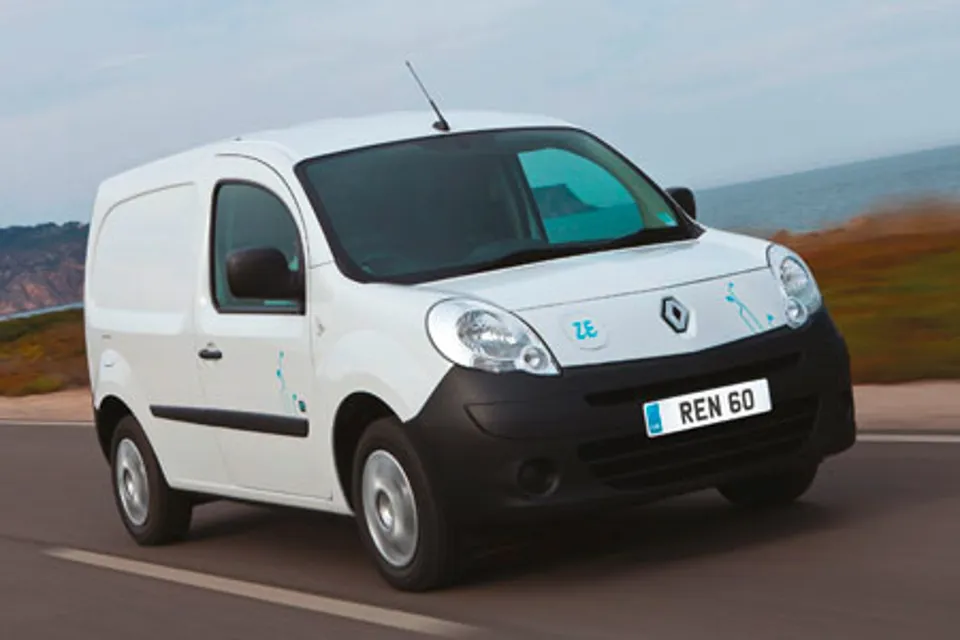Government has named seven ultra-low carbon vans that will qualify for a discount of up to £8,000 as part of the ‘Plug-In Van Grant’ incentive. The incentive aims to stimulate the market for ultra-low carbon commercial vehicles as it establishes itself in the UK.
“The Plug-In Van Grant and today’s detail on the seven models eligible is excellent news for van drivers, operators, businesses and the industry. The savings on the initial purchase price, coupled with the tax advantages and very low running costs make a plug-in van an attractive proposition – particularly for those running local and back-to-base services,” said Paul Everitt, SMMT chief executive. “Home to a high level of low carbon R&D and manufacturing activity, the UK is well placed to take full advantage of the ultra-low carbon vehicle sector. Incentives that support the development of a flourishing market will add to our competitive advantage.”
Already on sale, or arriving this year, each van is eligible for a 20% price reduction up to £8,000 with VAT businesses able to reclaim the full list price VAT on top of the reduction. Vans qualifying for the Grant must emit less than 75g/km CO2, be capable of travelling at least 60 miles between charges (10 miles in electric mode for hybrid vans), reaching speeds of more than 50mph and meet European safety standards.
In lobbying for the new Plug-In Van Grant, SMMT stressed the value of low carbon R&D and testing in the UK and the significance of the ultra-low carbon vehicle market for the country’s economy. The early development of a low carbon market in the UK brings with it vehicle trials, engineering and development functions – crucial elements that will help the UK to remain at the forefront of this emerging market.
Plug-In Van Grant eligible vehicles:
| Manufacturer | Model | On sale |
| Azure Dynamics | Ford Transit Connect Electric | Now |
| Mercedes-Benz | Mercedes-Benz Vito E-CELL | Now |
| Renault | Renault Kangoo Z.E. (+ variants) (Pictured) | Now |
| Smith Electric | Smith Edison (+ variants SE2 and SE3 | Now |
| Faam | Ecomile | March 2012 |
| Faam | Jolly 2000 | March 2012 |
| Mia-electric | Mia U | May 2012 |


















coldair - 22/02/2012 13:08
i bet all the parcel delivery firms will have them next week for there daily 2 - 300 mile rounds